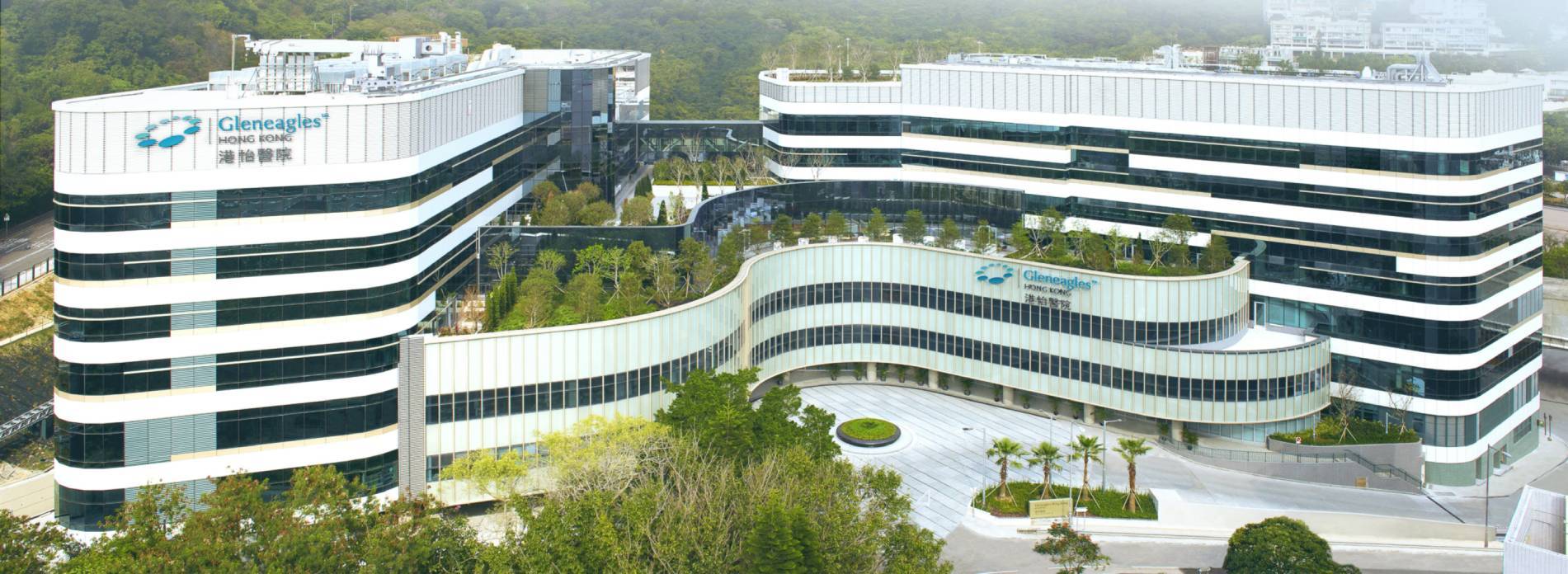Radiofrequency Catheter Ablation (RFA) of Arrhythmia
What is Radiofrequency Catheter Ablation (RFA)?
Radiofrequency Catheter Ablation (RFA) is a therapeutic procedure to treat abnormal heart rhythm (arrhythmia). It has been used for more than 20 years to treat cardiac arrhythmia. In general, there are 2 types of energy delivered during catheter ablation, namely radiofrequency ablation and cryoablation. Based on the type of abnormal heart rhythm, and the site intended to be treated, your cardiologist will choose the appropriate form of energy. This energy is released at the tip of the catheter to the abnormal heart tissue, leading to an intentional minor injury area, within which the conduction property will be lost. This aims at successful cure of the arrhythmia.
Why is Radiofrequency Catheter Ablation (RFA) required?
Heart rhythm is mainly controlled by the conduction system of the heart. Any abnormality in the conduction system may result in abnormal heart rhythm (arrhythmia). Based on the findings of EPS, which is a procedure to identify the underlying cause and mechanism of abnormal heart rhythm, catheter ablation is aimed at curing the arrhythmia that causes symptoms of palpitation, dizziness or chest discomfort, and you can avoid taking long-term anti-arrhythmic medications if a catheter ablation is successfully in treating the arrhythmia.





